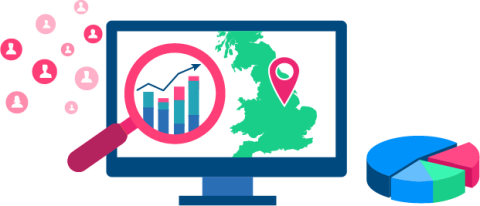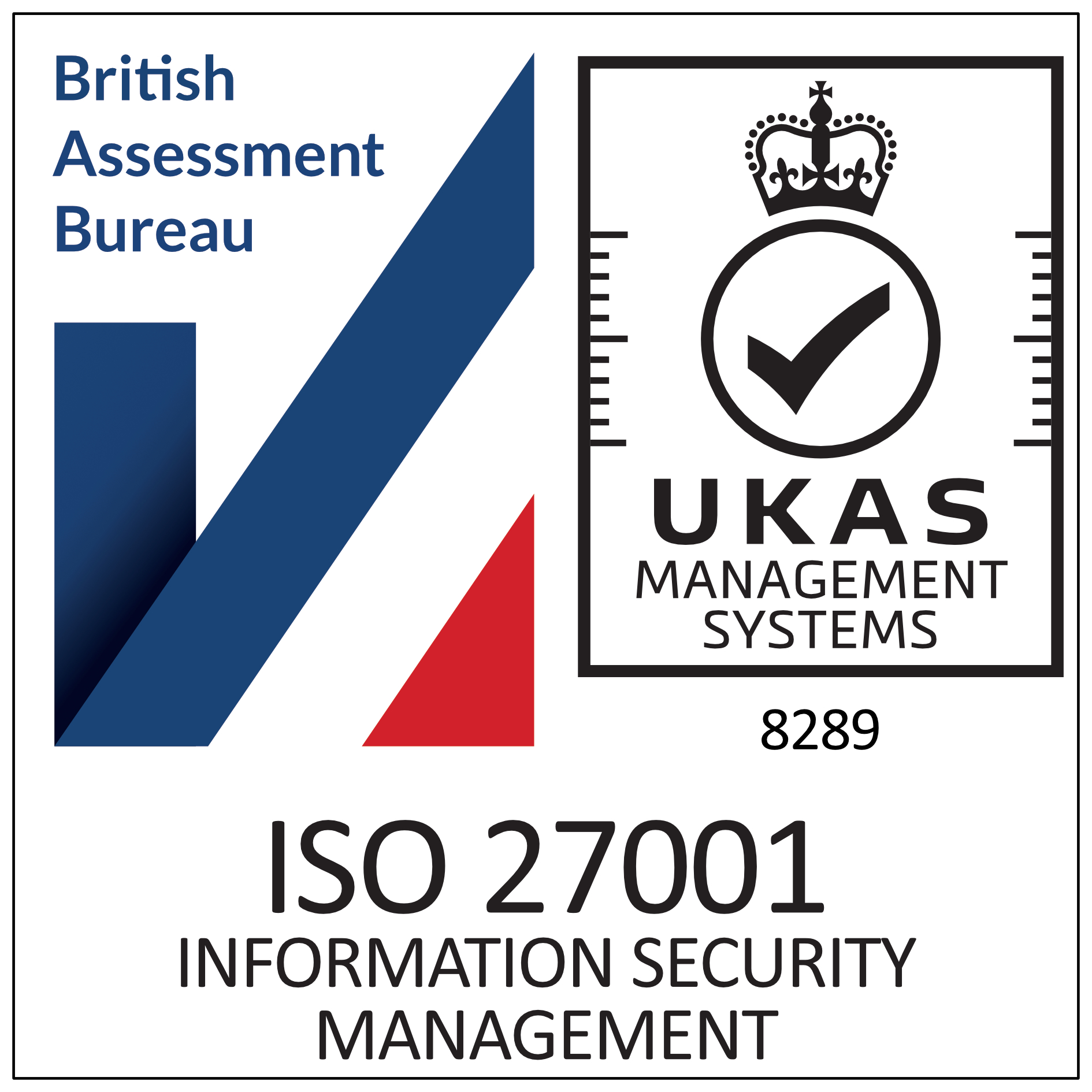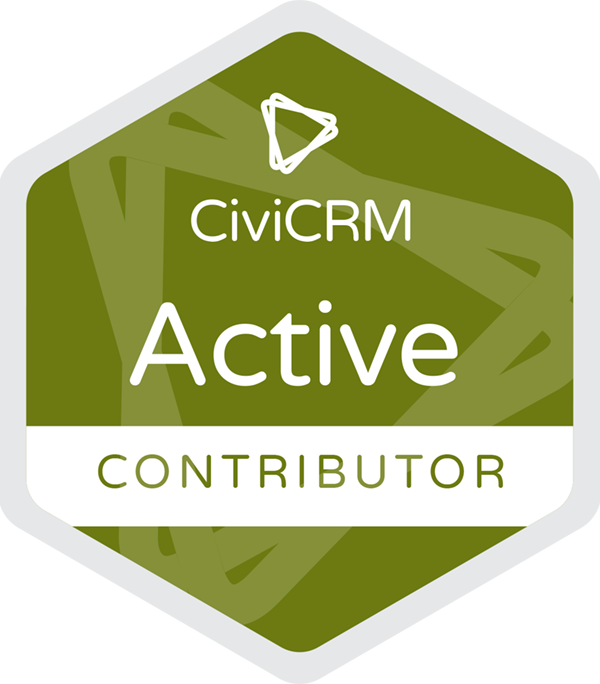
At Circle we're committed to looking after your data and helping you to get the most out of it. We are preparing to launch our new Data Analytics service, which builds on and extends the power of CiviCRM using Open Data. You can read about our R & D project here or find out how to get the most out of your data. We are Our Data Analytics page has links to interactive dashboards which demonstrate the power of visualising your CiviCRM data and combining it with Open Data.
Why Do We Need A Data Strategy?
Your data is your greatest strategic asset. However, if you treat your data as just a by-product of your activities you won’t get the most out of its power. For Third sector organisations, the strategic use of data is game-changer. Developing a data strategy will empower you to increase your impact and ensure long-term sustainability.
Here are just some of the benefits...
- It will enable you to base your decisions on solid evidence, ensuring resources are directed where they can have the most significant impact.
- It'll improve user engagement by providing data-driven insights about your users.
- It can transparency and accountability to your stakeholders through clear tracking and reporting of activities.
- It will enable you to track changes and plan with confidence.
- You be able to anticipate future challenges and opportunities.
- It may lead to more impactful interventions for beneficiaries through improved design of targeted services.
Make CiviCRM The Cornerstone of your Data Strategy
Storing all your data in CiviCRM will both simplify your Data Strategy, and facilitate comprehensive data analysis from one source. With your data in great shape, you could add a Data Analytics Dashboard to really supercharge your reporting and give you up to date insights about your service users, your organisational activities and your KPIs.
These actions are the building blocks for developing a data strategy.
1. Data Collection and Quality
Define clear data collection methods. Establishing data standards and guidelines for data storage, and analysis that ensure consistent, quality data.
2. Privacy and Ethical Consideration
Have policies that define how staff comply with data protection laws, ethical guidelines, and best practices. This will ensure that you safeguard individuals' privacy and maintain trust when managing sensitive information.
3. Embed A Healthy Data Culture
Integrate data literacy as a core component of the organisation's strategic planning. This ensures that data is considered in all aspects of decision-making and operations. Your strategy should set out how you will make better use of your data at all layers of your organisation.
4. Provide Data Training
Offer a structured data training programme tailored to the different roles within your organisation. Training should cover data collection, analysis, interpretation, visualisation, and communication.
5. Continuously Review and Adapt
Healthy data practice is an ongoing journey. Regularly review your processes and adapt and refine strategies based on feedback and your changing organisational needs. Your strategy should set out how and when you will review and adapt your approach.








